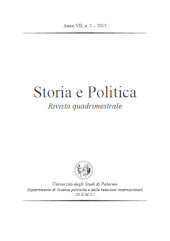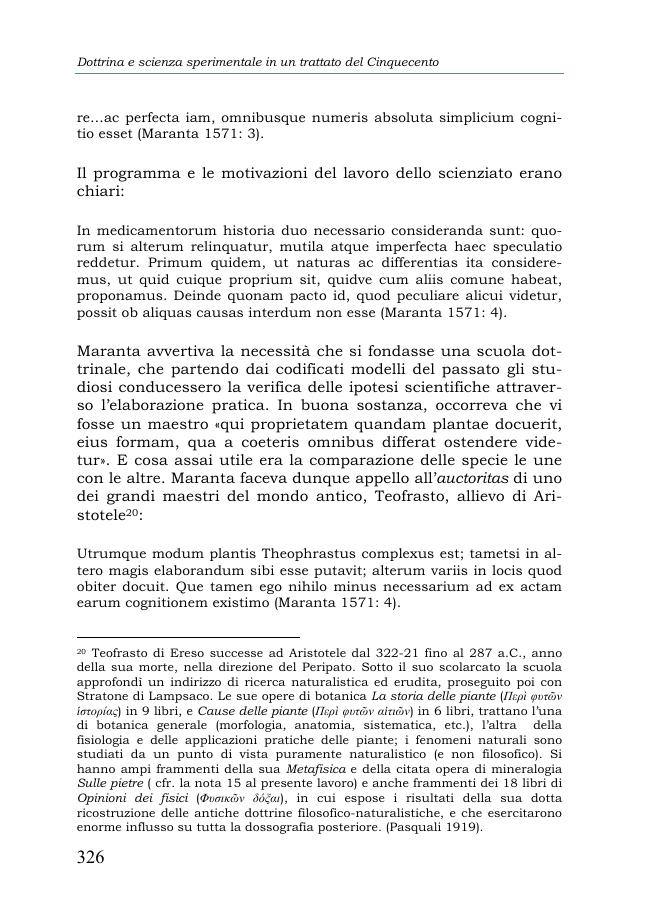Pocula et remedia nella camera delle maraviglie : dottrina e scienza sperimentale in un trattato del Cinquecento
305-347 p.
Bartolomeo Maranta was botanist and physician, and around 1568 he helped found a botanical garden in Rome. He combined his interests in medicine and botany in Methodus cognoscendorum simplicium (1559), in which he organized the subject of botanical pharmacology by nomenclature, species identification, and medicinal properties. Maranta and other 16th-century naturalists differed from their classical predecessors in allowing empirical evidence to have a direct shaping influence on their work; he wrote that no one could 'advance knowledge of simples without seeing different places and talking to diverse men [who are] experts in their profession'. Among Maranta's mostreferenced works is his treatise on antidotes to poisons, Della theriaca et del mithridato, in two volumes (1572). He conducted experiments in the natural history museum of Ferrante Imperato, but had to fend off criticism from Padua's Academy. [Publisher's text].
Fait partie de
Storia e politica : rivista quadrimestrale : VII, 2, 2015-
Articles du même numéro (disponibles individuellement)
-
Informations
ISSN: 2037-0520
KEYWORDS
- Renaissance doctrine, Experimental science, Bartolomeo Maranta, Natural Philosophy, History of Medical Botany



